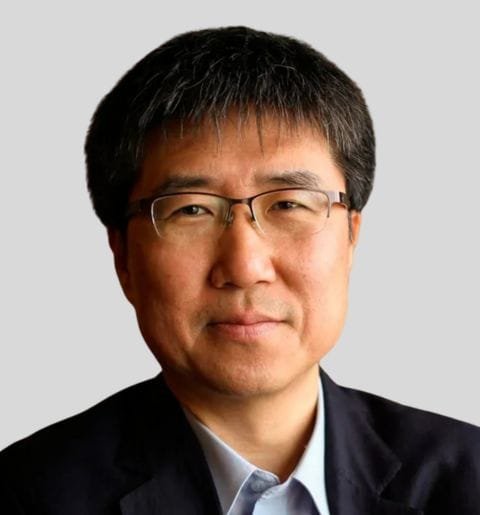
Ha-Joon Chang
Ha-Joon Chang is a distinguished South Korean economist, born on October 7, 1963, in Seoul, South Korea. He is renowned for his work in development economics and institutional economics, focusing on the role of government intervention in economic development. Chang graduated from Seoul National University with a degree in Economics before moving to the United Kingdom to pursue further studies at the University of Cambridge, where he earned both an MPhil and a Ph.D. in 1992.
Chang served as a lecturer at the Faculty of Economics at the University of Cambridge from 1990 until 2021. In 2022, he became a Research Professor at the School of Oriental and African Studies (SOAS), University of London. Throughout his academic career, he has published extensively, with over 17 authored books, including notable titles such as Kicking Away the Ladder: Development Strategy in Historical Perspective (2002), Bad Samaritans: Rich Nations, Poor Policies, and the Threat to the Developing World (2007), and 23 Things They Don’t Tell You About Capitalism (2010). His latest work, Edible Economics: A Hungry Economist Explains the World (2022), uses food items to explore economic theories.
Chang’s writings have been translated into 45 languages and have sold over 2 million copies worldwide. He is recognized for his critical views on free-market policies and his argument that developed countries often utilized state intervention to achieve economic success while discouraging similar approaches in developing nations.
In addition to his academic work, Chang has served as a consultant for numerous international organizations, including various UN agencies, the World Bank, and the Asian Development Bank. He is also a member of the Committee for Development Policy (CDP), which advises the United Nations on development issues.
Chang has received several prestigious awards for his contributions to economics, including the Gunnar Myrdal Prize in 2003 and the Wassily Leontief Prize in 2005. His insights into economic policy and development have made him one of the leading voices in contemporary economic thought.
- Development & Institutional Economics
- 1963
- Male
- 1


